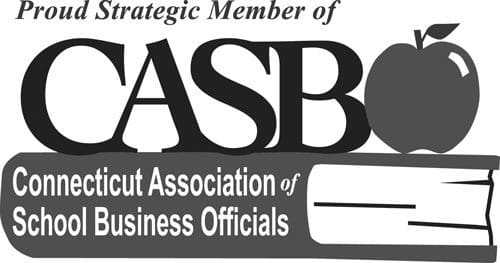Reviewing Employer Shared Responsibility Provision
The IRS announced its plans earlier this spring to deploy its ACA Compliance Validation System (ACV) May 31, 2017. The ACV will be used to identify potentially non-compliant Applicable Large Employers (ALEs) and calculate the proposed Employer Shared Responsibility Payments.
The report findings of the U.S. Treasury Department’s audit of the ACV issued April 7, 2017 showed the IRS had taken careful steps to ensure employers subject to the Employer Shared Responsibility Provision will be able to abide by ACA compliance and reporting requirements.
For employers, the takeaways from the audit and the IRS response include:
- The IRS has already resolved many of the issues from the first reporting season
- The IRS has further resolutions implemented or underway
- The employer that is non-compliant is going to be identified and assessed penalties
The Back Story
The Treasury audit revealed IRS initiatives to ensure employer ability to comply. Strategies such as providing complicated information to employers, creating and implementing training opportunities, developing the e-filing processes, and establishing compliance plans were created and delivered to employers.
The results were large in number. As of October 28, 2016, the IRS had processed 439,201 Forms 1094-C, Transmittal of Employer-Provided Health Insurance Offer and Coverage Information Returns, and nearly 110 million Forms 1095-C, Employer-Provided Health Insurance Offer and Coverage.
The report findings, however, also identified areas that needed improvement. The challenges identified were not disputed by the IRS. In fact, the IRS was one step ahead of the audit (included in the audit report) by already having developed resolutions to most of the challenges:
- First, the review uncovered malfunctions in the processes resulting in inaccurate or incomplete data for use in identifying non-compliant employers. The IRS agreed and stated that it had already initiated steps to correct these errors for the 2017 Filing Season.
- Next, due to system errors, the IRS was unable to process paper information returns timely and accurately. The IRS responded that in May 2016, the IRS implemented file size limits for SCRIPS transfers and adjusted the ACA Information Returns system to receive and process file sizes up to five gigabytes for paper processing.
- Also, the criteria used to identify validation errors in the IRS submissions did not always work as they were intended. The IRS responded it conducted a test to ensure established requirements associated with error code business rules functioned as intended for the 2017 Filing Season. The IRS indicated that the test was completed on December 28, 2016, prior to the start of the 2017 Filing Season.
- Lastly, according to the audit, the development and implementation of key systems needed to identify non-compliant employers subject to an Employer Shared Responsibility Payment were delayed, not initiated, or cancelled. The IRS accepted this finding, but stressed that the systems were in progress and would be deployed by the end of May 2017.
IRS Penalties Are Forthcoming
It can be assumed that penalties for non-compliant employers will be forthcoming this summer. The revenue of the penalties is estimated to exceed $167 billion over the next 10 years.
Click here to read the full Treasury audit.
____________________________________________________________
Looking for an ACA reporting and compliance solution with responsive service and support? Contact PSST about ACA-Track for a free, no-obligation demonstration today, 1.800.488.7395





